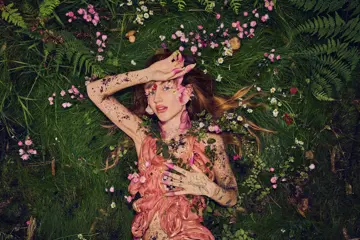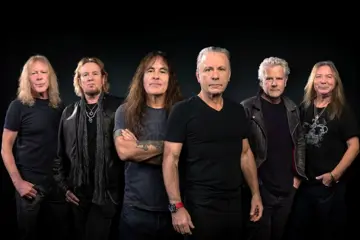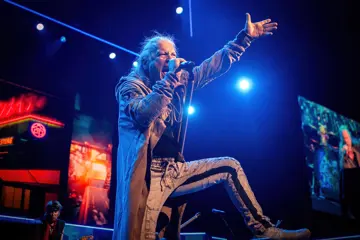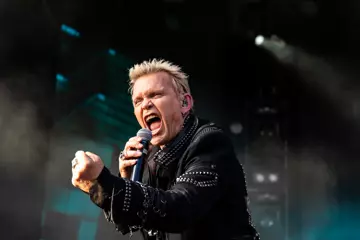On the eve of her 17th birthday, on a family holiday, Marine Vacth loses her virginity, removing it like some unwanted growth. “It's done,” she says, dispassionately, to her pre-adolescent brother. “Don't tell mum.” It's a familiar first-time experience – awful, rushed, in a public place – that snaps something in her. No sooner is Vacth back in Paris than she's online, taking up a covert, after-class career as a high-class call-girl. It's, to her mind, not so different to babysitting, although her bourgeois parents, despite their progressive pretensions, may vehemently disagree. François Ozon – in a work calling to mind his great early provocations, like See The Sea and Criminal Lovers – refuses to moralise or make motivations explicit; to paint hobbyist prostitution as either a coming-of-age journey or self-destructive downward spiral. Young & Beautiful is, instead, a portrait of the hyper-capitalist, forever-online now – of youth and beauty as cultural currency. Aided by the internet's ease and capacity for anonymity, Vacth turns herself into a commodity, price-listed like eBay; her self-worth conflated with her financial worth. That the digital grid encodes her teenage transgressions for eternity makes this a 21st-century tale, but it's less a portrait of sex work circa 2013 than of adolescents eternal; Ozon filming real 17-year-old students reciting Rimbaud's nearly-150-year-old poem Romance to-camera in a striking, defiant device.
In cinemas 1 May















